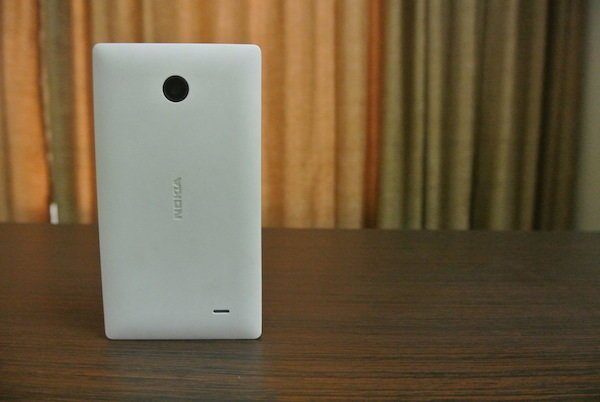Maybe you need to print out a boarding pass or an event ticket. These are instances where having a printer would come in useful. However, would you ever imagine that your printer is possibly compromising your privacy? I’m not talking about losing a document with your personal details and someone using it to find you. It appearss that color laser printers print a tracking pattern on every single document you print! Stay tuned to find out more below.
Color Laser Printer Tracking Patterns
Background
All the way back in 2004 PC World reported on printer manufacturers making their printers encode tracking patterns onto documents. In this PC World article, Pat Crean, who was a senior research fellow at Xerox at the time, indicated that Xerox first developed the technology over 20 years ago to help qualm fears that laser printers could be used to counterfeit bills. Lorelei Pagano, who at the time of the PC World article was a counterfeiting specialist with the U.S. Secret Service, stated that the U.S. government used the information only for cases related to forgery. Pagano stated that information is only gained from these tracking patterns in the case of criminal matters.
Tracking Patterns
The real danger of tracking patterns is the possibility for their misuse. They could be used to violate the privacy of innocent citizens. Governments could possibly use this technology to unlawfully gather information about a citizen. The EFF has said that their information suggests that all recently manufactured color laser printers probably print some kind of forensic tracking code. If you own a color laser printer, you should assume that it is printing some form of tracking pattern on your documents. The EFF also states that they are not aware of any other type of printer technology producing tracking patterns deliberately. One of the more well known forensic tracking patterns is a series of dots produced by Xerox DocuColor printers. This pattern can be seen below. Please note that this EFF provided image is enhanced in order to make the tracking dots more visible. It seems that a similar pattern of dots was used to aid in the FBI investigation of a case involving a document leaked from the National Security Agency (NSA) in the U.S. The information gained from the dots may have been used to trace the source of the leak to an individual by the name of Reality Leigh Winner. This case is of particular significance because the leaked NSA document contained information pertaining to the alleged Russian hacks targeting the U.S. 2016 political elections.
Final Thoughts
Although the FBI case mentioned above was a criminal investigation, the issue of tracking dots is still worrying. It doesn’t appear that there are laws existing to regulate the use of how forensic tracking patterns are used. Governments could use this technology to trace persons who may be communicating political messages they don’t like. This would then make it easier to silence persons opposing them. Other sensitive personal information could also be gained without a proper legal process. While this is concerning, it does draw to our collective attention that we need to be increasingly careful with how we handle personal documents. The above article may contain affiliate links which help support Guiding Tech. However, it does not affect our editorial integrity. The content remains unbiased and authentic.











